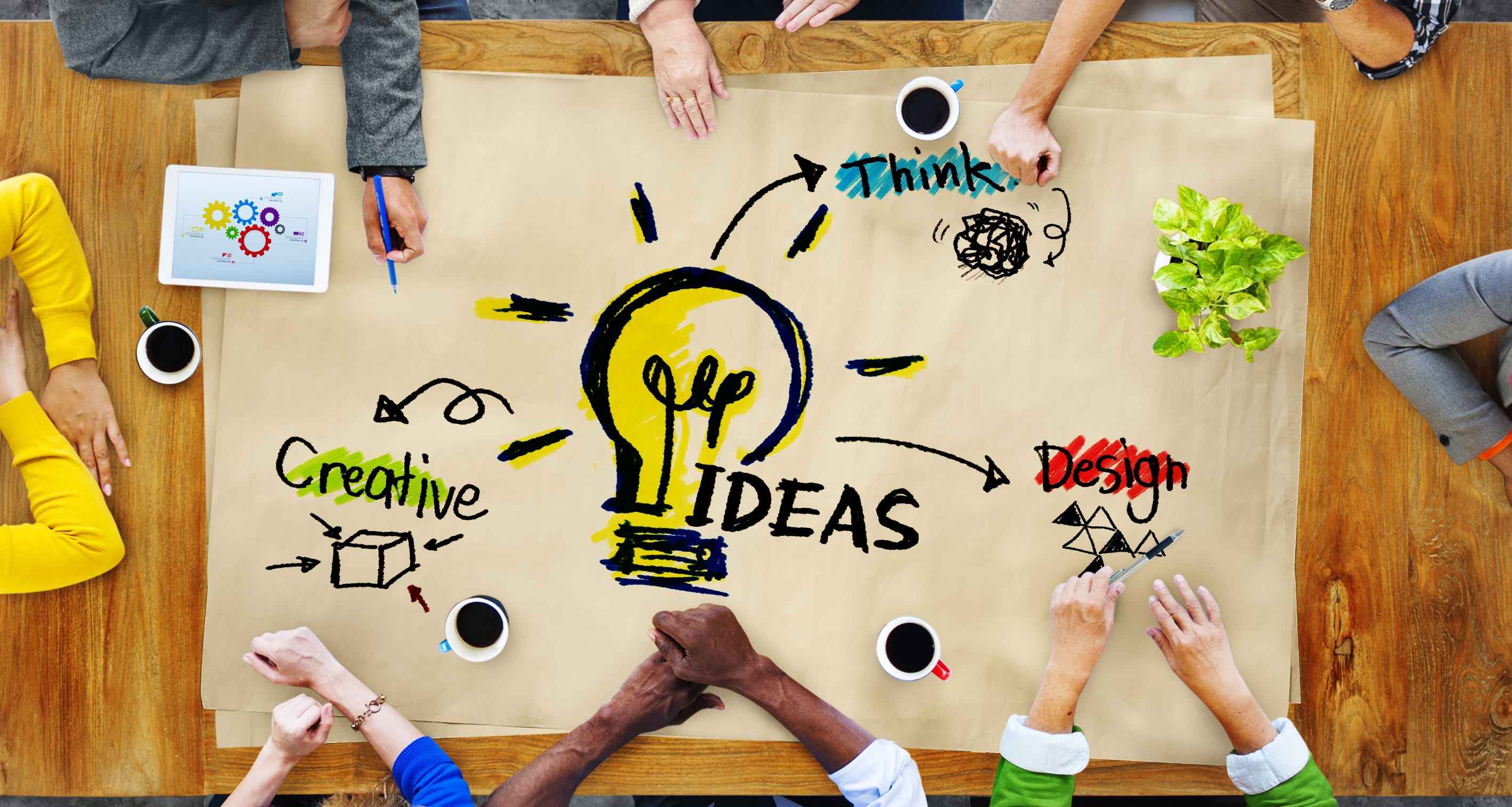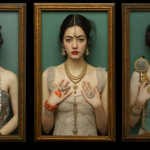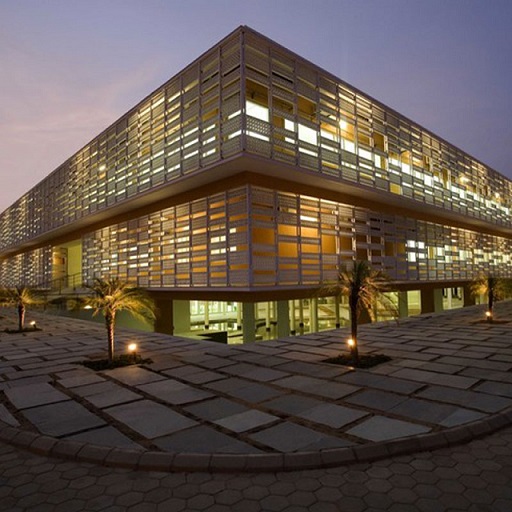Working for a better society seems to be an emerging trend among designers who are now coming forward to create a better society. Many designers are tying up with citizen groups and striving to create communities that can improve human conditions. Youth empowerment is high on the list of such designers.
This is the underlying theme of the research paper ‘Design Thinking to Co-create a Shared Future’ submitted by Ramneek Majithia, Vice President, Product Management, which has been accepted by the Cumulus Conference to be held next April 2016 in Nottingham.
The paper is a take off from an initiative of Indiafrica, which aims at engaging multiple stakeholders in India and Africa through contests, fellowships, discussions, events, collaborative projects and cultural exchanges. It is designed to help young entrepreneurs from Africa and India discover common ground through intercultural exchanges, forge profitable partnerships and together build a shared vision for the future. This kind of collaborative innovation can lead to easier problem solving, involve well informed action and enable better business success. It enables participants to design new things as equal partners. The key to co-creation lies in engaging, working with, and empowering people to generate ideas and to collaboratively create concepts.
Under this initiative, a set of five ‘Design Thinking’ workshops, a unique people-to-people venture, were conducted at different locations in and around Johannesburg with the vision of empowering the youth. These workshops were conducted in townships with community centres offering different courses to unemployed school drop outs and youth centres rehabilitating the gangster community with digital media courses. It also involved students pursuing higher education in management and leadership courses. The key idea here is that innovation can come from anyone, not just the experts.
During the course of the workshops, it was seen that overcoming the geographical, cultural and language barriers is not that difficult and once it is overcome by simple gestures, the interactions and resulting motivation that follows can positively influence the future. Participants were able to get insights into each other’s cultures and ideas, share their experiences and understand the ground realities of being an entrepreneur. They share stories of what works in work and life for them and they imagine and co-create better futures. They shape and bring into existence a new future that has more meaning and purpose to it.
Co-creation is a form of collaborative creativity that enables innovation. It is a rich mix of innovation, knowledge and group decision-making. It thrives on the exchange of ideas and creativity. It leads to wider and richer experiences and opens the door to a whole new experience.












